0 Comments
Take a moment to pay homage to a literary genius. We pour libations for ancestor Ntozake Shange.
Articles:http://www.thehistorymakers.org/biography/ntozake-shange
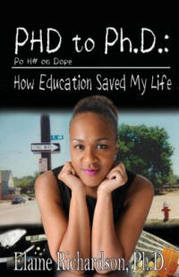 "PHD to Ph.D.: How Education Saved My Life offers a glimpse into the life of scholar, author, singer Dr. Elaine Richardson aka Dr. E and her journey as a young Black woman to healing and recovery from a life of trauma through the 1960s’-1980s ghettoes of Cleveland, Ohio, to inventing a life for herself in the halls of the university." (from the website http://phdtophd.com/) Dr. E is eloquent, powerful and positive. Her ultimate love for life transcends the barriers of poverty, destructive surroundings, correctional and educational systems. She is an example to us all and as down-to-earth as they come. Indeed she is a professor Ohio State University and everyone deserves an instructor like her. Celebrating the 50-year Anniversary of the Stokes Brothers bursting into the political scene in America both locally and nationally, controversial author Michael Eric Dyson visited the Northeast Ohio to speak at a number of venues on his new book Tears We Cannot Stop: A Sermon to White America. Like him or not - he has the voice and the attention of the masses. Read it and let's discuss it.  The following is a list of key points from each of the Four Agreements, believed to have derived from Toltec wisdom. The First Agreement: Be Impeccable with Your Word Key Points: - Your intent manifests through the word - One fear or doubt planted in our mind can create an endless drama of events - When you are impeccable, you take responsibility for your actions, but you do not judge or blame yourself. - Use your energy in the direction of truth and love for yourself. The Second Agreement - Don't Take Anything Personally Key Points: - Even when a situation seems so personal, even if others insult you directly, it has nothing to do with you. - Taking things personally, makes you easy prey for those predators - You get mad because you are afraid, because you are dealing with fear. - In that state of bliss you are making love all the time with everything that you perceive. - Whatever people do feel, think, or say don't take it personally; don't take anything personally - The mind lives in more than one dimension - You don't need to trust others as much as you need to trust yourself to make the right choices. - You are never responsible for the actions of others; you are only responsible for you. The Third Agreement - Don't Make Assumptions Key Points - We defend our assumption and try to make someone else wrong. - We literally dream things up in our imaginations - Making assumptions in relationships leads to a lot of fights, a lot of difficulties, a lot of misunderstandings with people we supposedly love - When we believe something, we assume we are right about it to the point that we will destroy relationships in order to defend our position. - You need to stop lying to yourself about what you truly want - Real love is accepting other people the way they are without trying to change them. - Find someone whom you don't have to change at all - Find the voice to ask for what you want - Everybody, including you, has the right to tell you no or yes. - All human problems would be resolved if we could just have good, clear communication - What will really make the difference is action The Fourth Agreement- Always Do Your Best Key Points: - If you always do your best there is no way you can judge yourself - You are not here to sacrifice your joy or your life; you are here to live, to be happy, and to love. - You are going to be productive, be good to yourself. - Doing your best is taking the action because you love it - When you do your best, you learn to accept yourself. -Be aware and learn from your mistakes - look honestly at the results and keep practicing - this increases your awareness - Make everything a ritual, and always do your best - Let go of the past and live in the present moment (Learn from the past) - Take a risk and enjoy your life - Say no when you want to say no, and yes when you want to say yes. - When you don't do your best you are denying yourself the right to be you.
“A man who stands for nothing will fall for anything “, said Malcolm X, a man who stood for right and truth until the day he died.” I’m a boxer, and I really don’t want anything to do with the civil rights programs right now “, is what Muhammad Ali said while trying to find out how to become a man in a complex world.
Blood Brothers: The Fatal Friendship Between Muhammad Ali and Malcolm X is a book based on two men who used their friendliness and religious beliefs to help strengthen each other. But, was that really enough? Even though both men had similar back ground experiences and the respect for brotherhood, their friendship become toxic the minute Malcolm X was silenced and ousted from the Nation of Islam Muhammad Ali, who believed in and respected Malcolm X was born between his loyalty to Malcolm and Elijah Muhammad. In the end, Ali chose Elijah Muhammad and said of X after he died, “Malcolm was my friend, and he was the friend of everybody as long as he was a member of Islam. Now, I don’t want to talk about him no more.” Blood Brothers is a book about admiration, loyalty, friendship, respect, doubt, lies, hatred, betrayal, and murder. - Gwen Tyus  Talking Points from the Nia Literary Society Book Discussion: PHILOSOPHY - Conscious thought and practice – unity among all things. NTR - Concepts and attributes of nature. SYMBOLs OF MAAT - Woman, ostrich feather (male/female balance/harmony), scales LIFE LEVELS and the HUMAN/SOCIAL PLANE - Taking care of the earth, respect, harmony with nature, sharing – family, community, nation. LIFE CENTERED: RELIGION, RITUAL & EDUCATION - God is everywhere, NTRU (innate attributes/elements of all things, God as an object, creation as a sustaining process, not an event. What are some common everyday rituals? Prayer in schools. THE HUMAN EXPERIENCE - Spirit as a real entity, addressing ancestors TRANSITION - Do you fear death? LIFE CYCLES: FROM KEMET TO MODERN DAY - The fall of Kemet? Foreign invasion (still happening), existing as a whole.  The Nia Literary Society discussed Kunjufu's Sankofa. Here are some of the DISCUSSION POINTS. Part 1: The Greatest Storyteller - Traditional methods of storytelling. The historical griots - DJEHUTI (THOT), JESUS, ETC. Part 2: Sankofa - Returning to the source. Part 3: Power - Techniques for gaining and maintaining power. Part 4: Hope & Joy - Is hope tangible? Part 5: Family Stories - Who is the Griot in your family? Will the next one be you? Part 6: Nguzo Saba & Maat - Recite the 7 principles of Kwanzaa and the 42 Ideals of Maat Part 7: College - Enlightening educational moments. Part 8: Nature - Neteru: Embracing All Part 9: Some of the Greatest Biblical Stories - Favorite religious and philosophical stories. |
Tunasoma!** Tunasoma means "we read" in Kiswahili
Archives
May 2025
Categories |



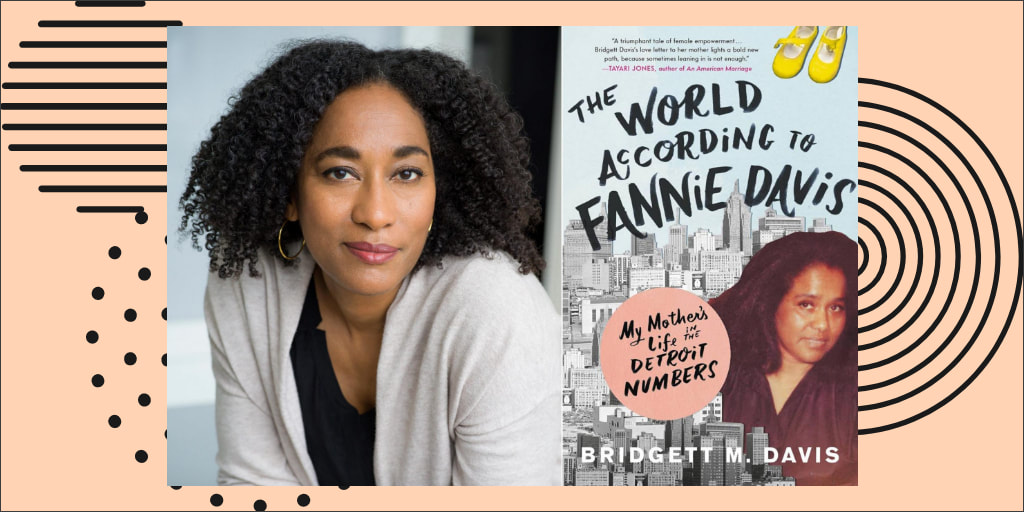
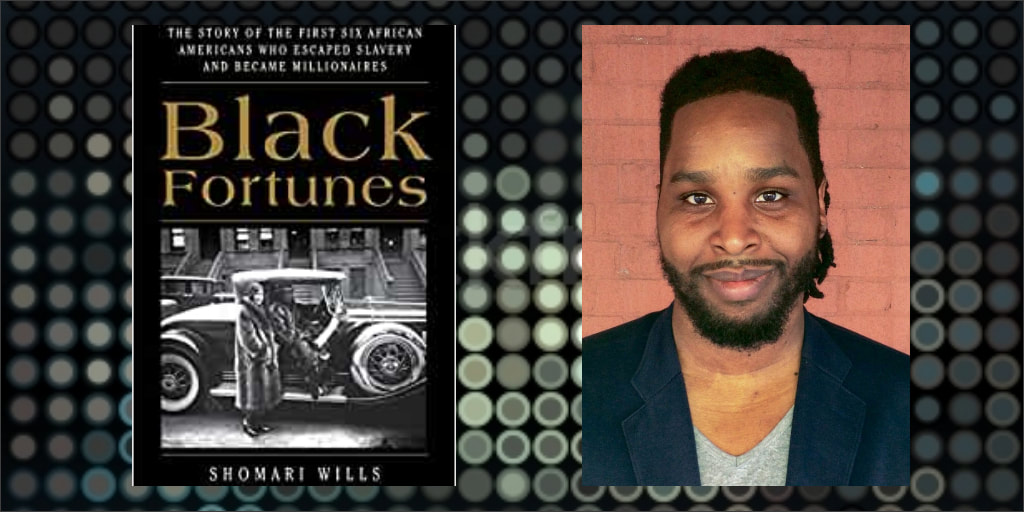

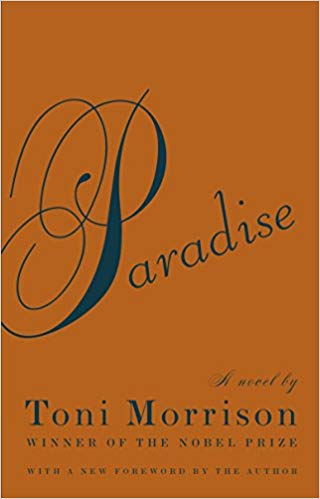

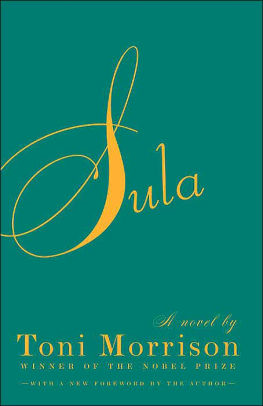
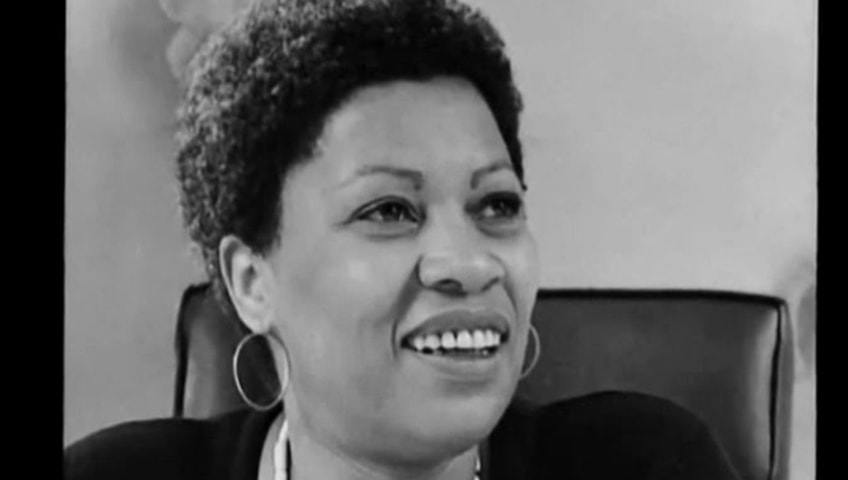
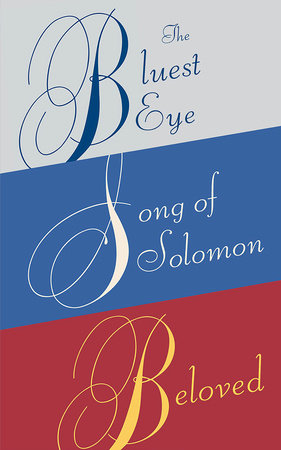

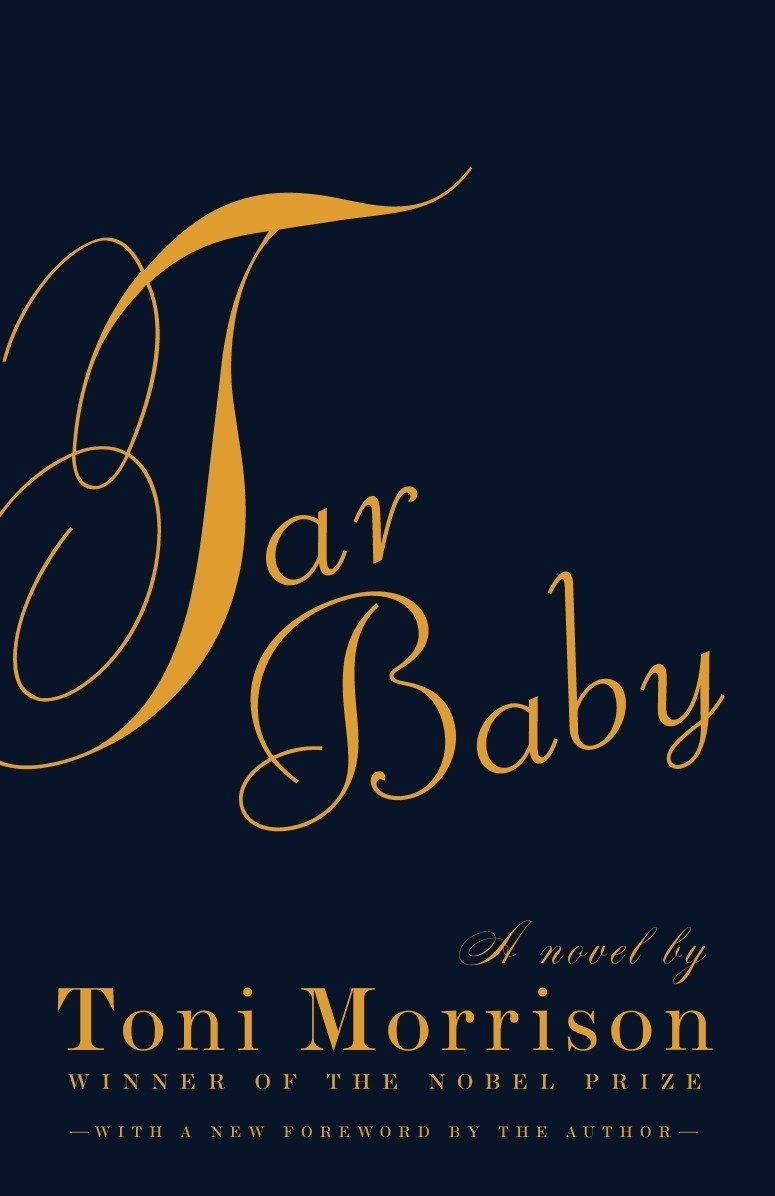

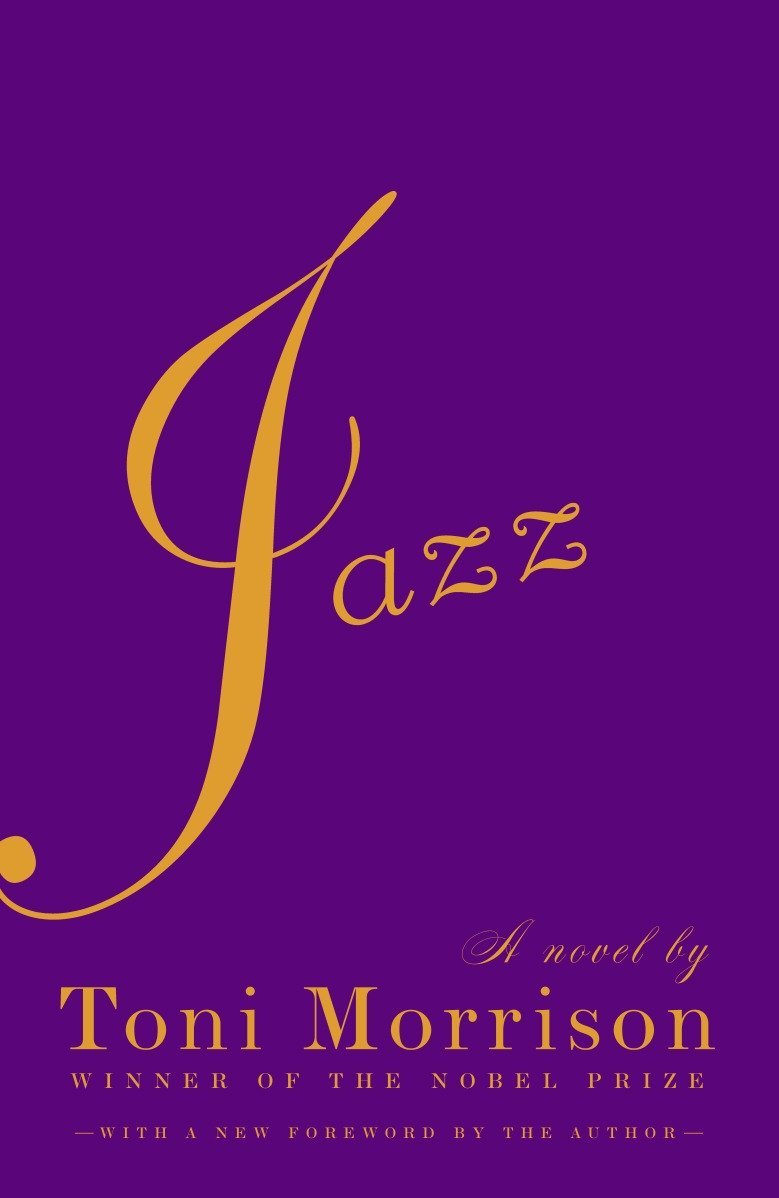
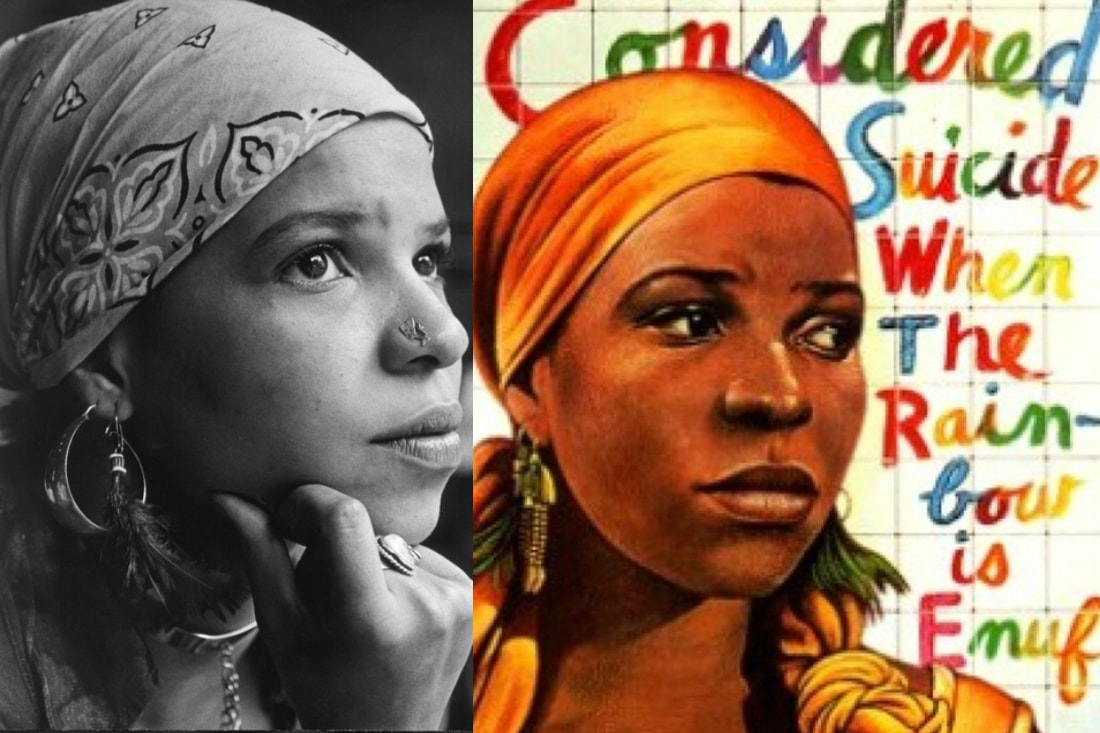
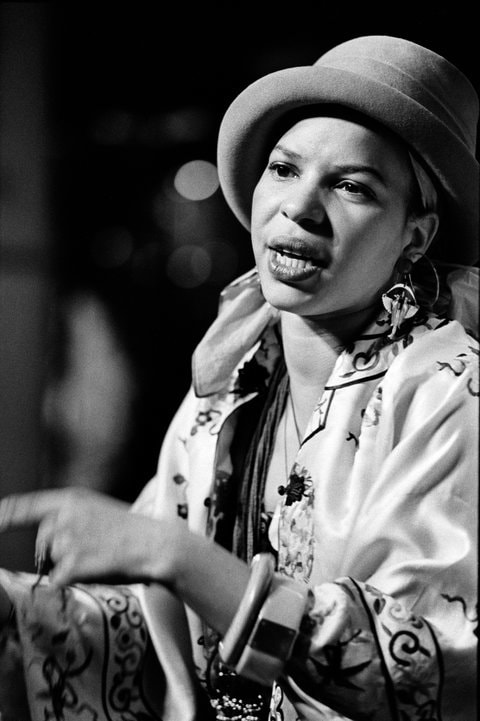

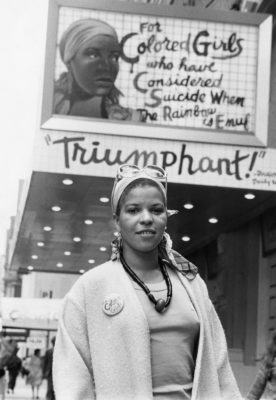
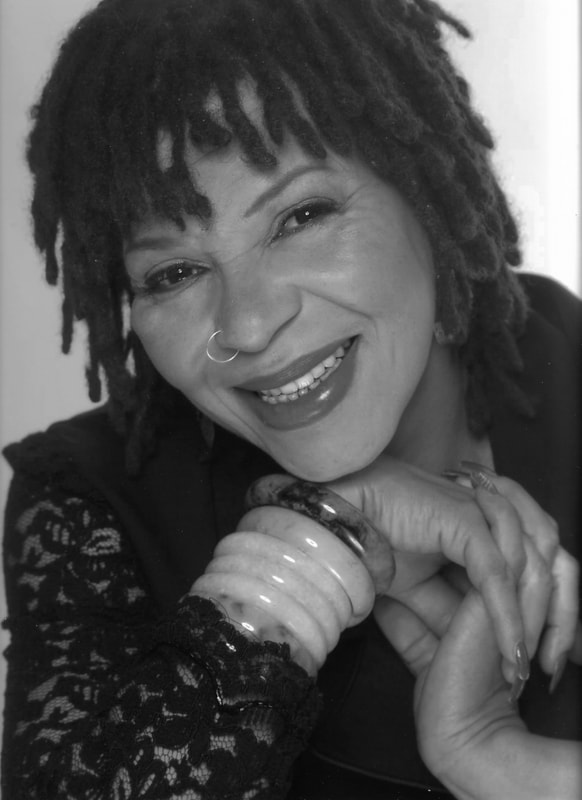
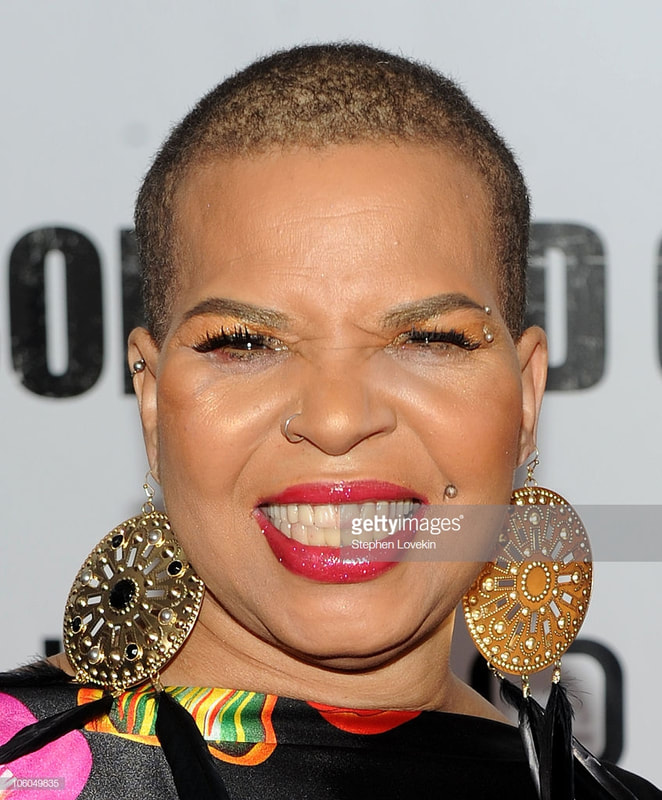
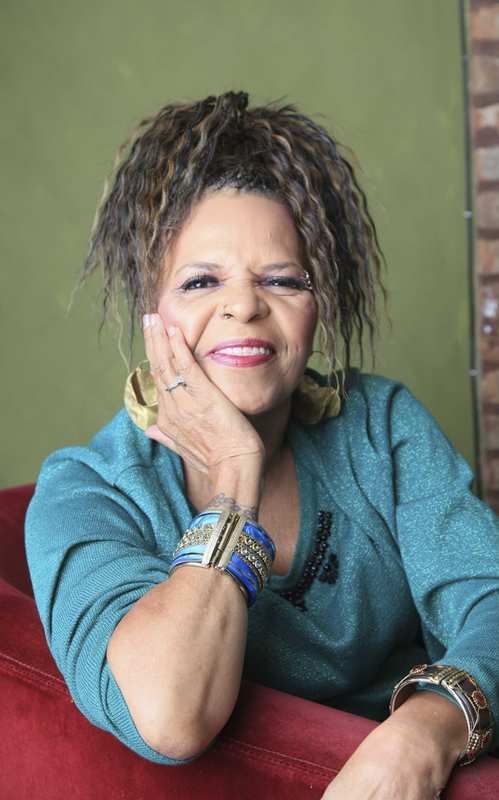
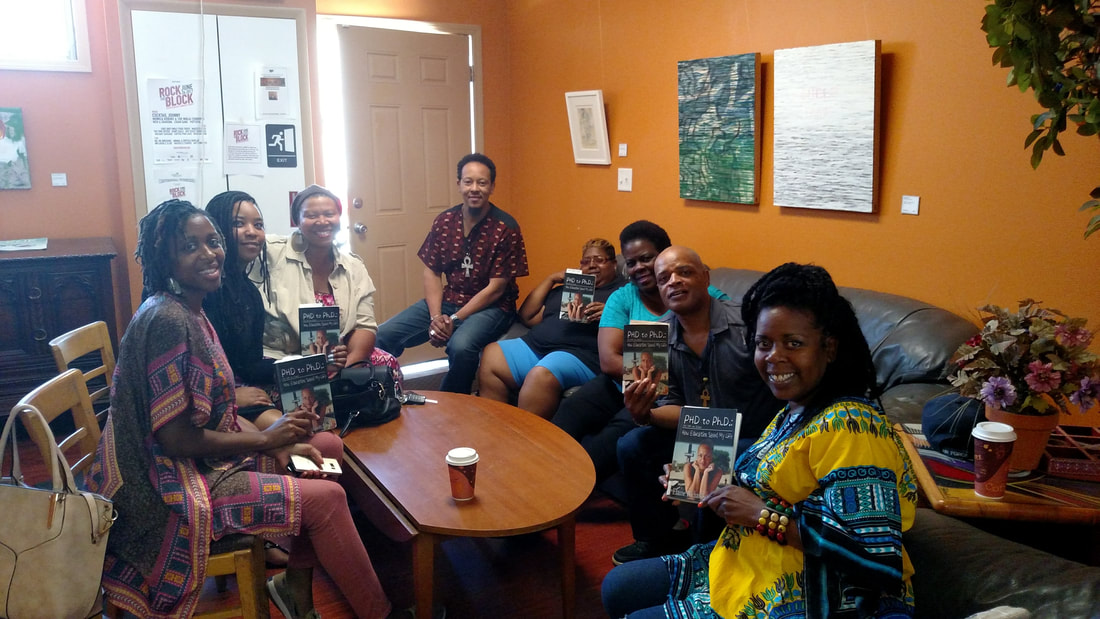
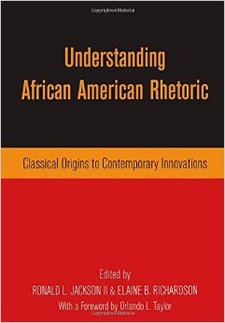
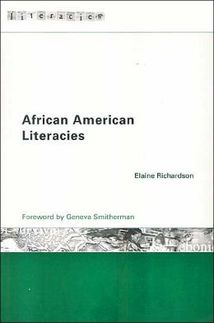
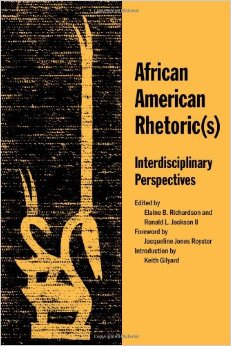
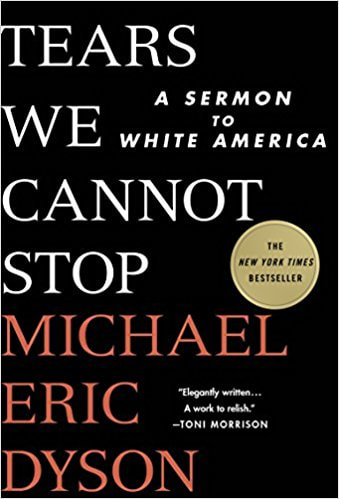









 RSS Feed
RSS Feed

